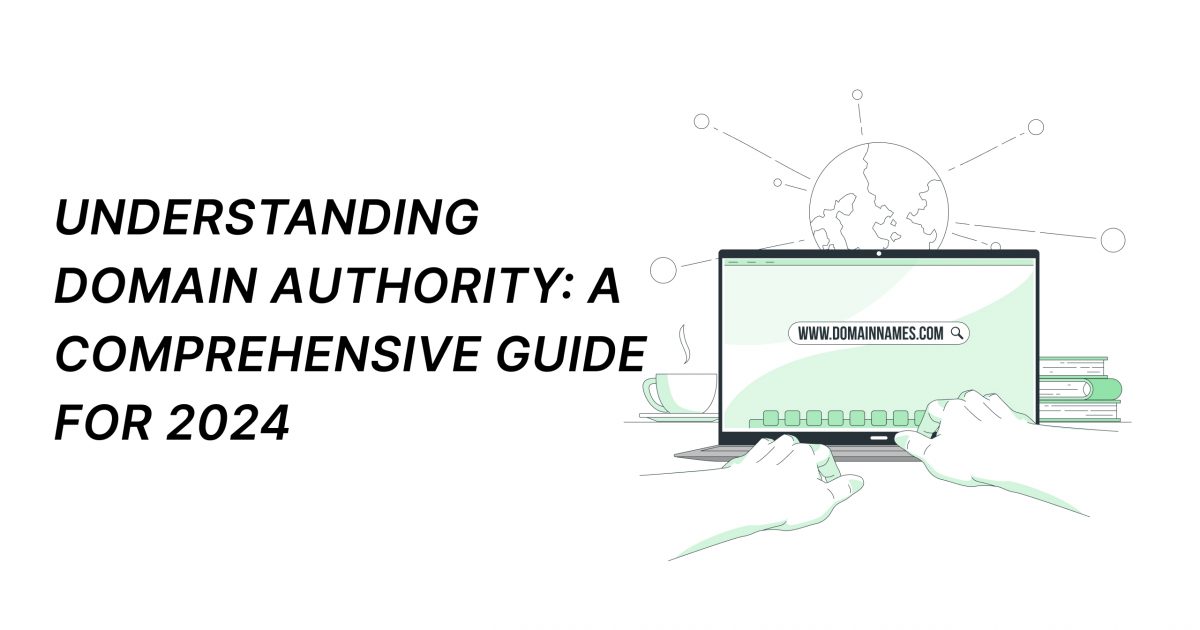While domain authority is not a Google ranking factor in itself, it is important for anyone working on SEO to understand that the strategies you might use to improve your domain authority also benefit your SEO and ranking signals.
In this blog post, we’ll discuss domain authority, why it’s so important for your website’s search engine ranking, and how to increase your domain authority.
What is Domain Authority?
Domain authority is a search engine optimization metric created by Moz that can be used to forecast the ranking of your website in search engines. It indicates how relevant your website is to your niche or subject matter. In other words, it indicates how authoritative or influential your domain is.
However, it’s important to note that domain authority is not a Google ranking metric, so it’s not the best way to measure your site’s rank among your competitors.
Domain authority indicates the overall ranking power of your domain, whereas page authority evaluates the ranking power of each page.
What Is a Good Domain Authority Score?
Many factors play a role in determining domain authority. However, for illustrative purposes, the DA of popular websites with high traffic and high backlinks (for example, Google, Apple, Microsoft) will have a DA between 90 and 100.
However, if your site is brand new, you will have a low DA (maybe 10-20).
Generally speaking, the lower your DA is, the easier it is to improve. As your DA rises, it becomes more difficult and may require more time and effort.
Instead of aiming for a specific domain authority number, consider what your competitors are doing. The average domain authority number will vary from industry to industry, so there’s no point in labeling a number as “good.”
How To Increase Domain Authority
Here are the top ways to boost the DA of your website:
Acquire High-Quality Backlinks from Authority Sites
As you can see, backlinks are a major factor in determining domain authority. Furthermore, backlinks are also one of the most important ranking factors for Google.
According to an Ahrefs study, 90 percent of websites have no organic traffic because they have no backlinks. There are many ways to gain backlinks to improve your link profile.
The first thing you should do is look at where your top referrals are coming from. These are the websites that are linking to you and driving traffic to your site.
One of the most ethical ways to build backlinks is by following your competitors, researching their sources of backlinks, and then trying to get links from those same websites.
Create Killer Content That’s Link Worthy
The other way to get your domain to the top of our list is to create content that other websites will link to. The more valuable the content, the more likely it is to be shared. This makes it more likely that you will receive backlinks from authoritative websites, such as educational institutions or government agencies.
By adding links from other websites, you will also increase the number of root linking domains, which will help you achieve a higher domain authority (DA).
Audit Your Site and Remove Bad Links
Inbound links are important for your website’s DA and search engine rankings, but bad links can do more damage than good. Spam links can reduce your website’s domain authority, and in some cases, can even result in a Google penalty.
To avoid this, you’ll need to conduct a link audit of your site and remove toxic links as soon as possible. Various SEO tools can be used to identify toxic links by analyzing your site’s link profile.
If you are unable to delete these links, you can disavow or ignore them using Google Search Console.
As a result, Google’s crawler will not consider any backlinks that are unnatural or spammy when indexing
Optimize Your Website Structure and User Experience
One of the best ways to improve your domain authority is by maintaining a website that is easy to navigate and use. With a well-structured website, search engines can crawl your content and index it in search results, making it easy for users to find what they are looking for and more likely to link back to you.
Create a sitemap to assist search engine crawlers. A sitemap is a list of all your important pages. It helps search engines navigate your site and index your pages easily.
If you want to enhance the user experience of your website, the first step is to optimize it for mobile devices.
Since Google is a mobile-first search engine, it will prioritize your website’s performance on mobile devices. Therefore, your website must be mobile-friendly and load quickly.
Also read: Top Machine Learning Models
Improve Your Internal Links
Another way to enhance the user experience (and SEO) of your site is by optimizing your link structure. You can keep users interested by linking users to relevant pages on your website.
Internal links also allow search engines (SEOs) to crawl your website more easily, which helps in page indexing. Another advantage of a well-structured internal link is that it transfers “link juice” from one site to another.
Link juice is one of the most important SEO terms. It refers to how valuable a page is when it is passed to other pages on the web. More links pointing to a page means that it is trusted by the search engine. All of these factors add up to increase your domain authority.


